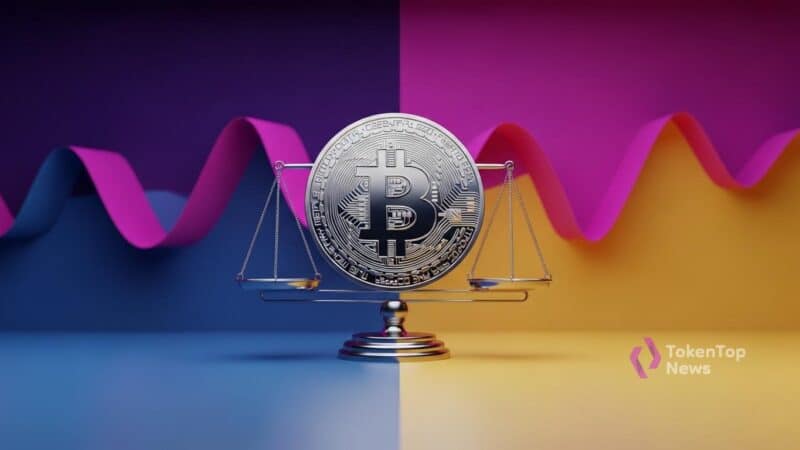Norway Probes Polymarket Nobel Peace Prize Bets
- Investigation into insider trading in Nobel Peace Prize bets.
- Potential legal and regulatory scrutiny.
- Impact on cryptocurrency prediction markets.
Norwegian officials are investigating large, last-minute bets on Polymarket involving the 2025 Nobel Peace Prize, suspecting potential insider trading and information leaks.
The investigation highlights concerns about information security in prediction markets, with potential impacts on Polymarket’s regulatory outlook and crypto market integrity.
Investigation into Insider Trading
Norwegian officials are investigating possible insider trading on Polymarket’s Nobel Peace Prize bets. A trader with a newly opened account made significant profits, raising suspicions. Authorities are concerned about potential information leaks.
The investigation focuses on a trader identified as “dirtycup” who profited from last-minute bets. This trader had no prior activity, leading to heightened scrutiny of Polymarket. The Norwegian Nobel Institute’s director has emphasized the importance of maintaining secrecy.
Kristian Berg Harpviken, Director, Norwegian Nobel Institute, said, “We take this very seriously. It seems we have been prey to a criminal actor who wants to earn money on our information. We will look closely at this to find out what has happened. Secrecy for us is very important.”
Financial Impacts and Security Concerns
The financial impact was notable, with trades resulting in $90,000 in gains. This affected assets like USDC used for settlements. The incident has raised alarms about security protocols in decentralized prediction markets.
Bet sizes led to significant shifts in market odds just before the Nobel Peace Prize announcement. The assets involved remain primarily within Polymarket, without broad crypto market ripple effects. Institutional interests may face delays due to regulatory reviews.
Regulatory Oversight and Future Outlook
The incident has not triggered any regulatory action from bodies such as the CFTC or Norwegian regulators. The USDC and Ethereum ETH +0.00% blockchains supported the trades, highlighting the need for enhanced market oversight.
Looking forward, this case might influence regulatory perspectives on decentralized prediction markets. Past regulatory efforts have targeted predictability and legal compliance. Future outcomes could reshape how these platforms operate, influencing industry standards and user trust.



